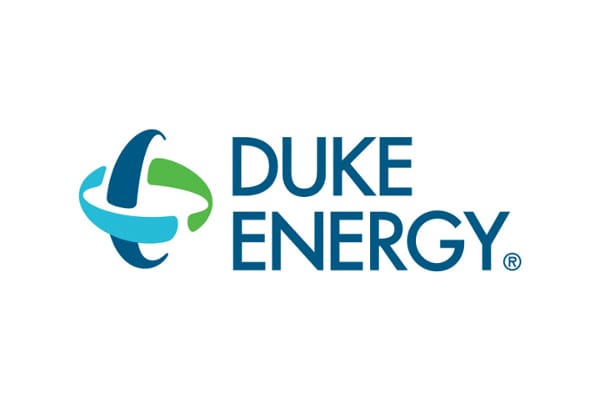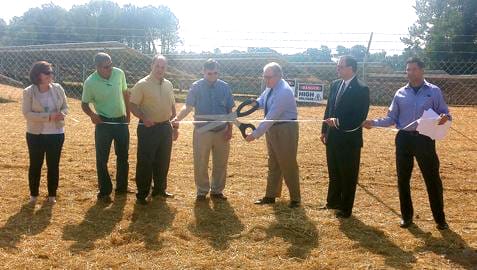Making NC the other 'Sunshine State'
September 17, 2014
Making NC the other 'Sunshine State'
BY HELEN LIVINGSTON- Watts Farm Landowner
North Carolina is a unique state with two unfolding energy paths – a clean energy future and a past mired in coal. I’m pursuing a clean energy future, while keeping a watchful eye on the coal ash mess that we want to put behind us.
Our opportunity to lead the nation in solar energy has me thinking of North Carolina as “the second Sunshine State,” and that’s a reality on my family farm in Maxton, where a few years ago, my brother and I converted 45 acres of cotton fields to a solar farm. Today, the family farm has a brighter future thanks to 26,000 dark solar panels leased to Strata Solar.
For us, the income that solar farming provides is icing on the cake – the real excitement comes from investing in our community’s future and the thrill of being on the leading edge of North Carolina’s clean energy boom.
Strata Solar is one of more than 137 solar companies in our state, employing more than 3,000. Just last year, $787 million was invested in solar, up more than 150 percent from the year before, and thanks to stories like mine, this growth is expected to continue. A solar farm lease provides a guaranteed annual income on a portion of our land, a stabilizing factor in the income uncertainties of farming operations.
Solar farms are cropping up all over, shining new opportunity and bringing jobs and revenue to areas that have been economically depressed in recent decades. Robeson County has huge solar capacity, ranking near the top in the state.
But you know what? I don’t have to look far to see the other energy path in North Carolina, and it isn’t pretty.
Robeson County also has plenty of coal ash, from Duke Energy’s shuttered Weatherspoon Steam Station, where a staggering 448 million gallons of coal ash lurks in three dump sites near the banks of the Lumber River.
In March, state officials issued a notice of deficiency to Duke after discovering numerous gushers, drips and stains in the 35 year-old piping system. The dam there that stands between the River and coal ash pollution, according to state officials, is an “intermediate hazard,” which means significant damage to a tributary of the river could happen if the dam fails.
Recent legislation will leave the Weatherspoon coal ash in place, until a commission of political appointees decides what to do with it. There’s a good chance Duke Energy will throw a tarp over the ash and leave it in my community. Why should we have to tolerate this toxic threat?
If we want to continue to attract economic engines like Google, QVC and Apple – which all power their North Carolina operations largely with homegrown solar energy – we need to continue investing in policies that will encourage families like mine to blaze the trail for clean energy.
It’s an opportunity ripe for the picking, and supports our economy, without sacrificing our values.
Helen Livingston has been active in environmental issues, including opposing two large landfills. Her family owns a farm in Maxton.
via Making NC the other 'Sunshine State' | Other Views | NewsObserver.com.


